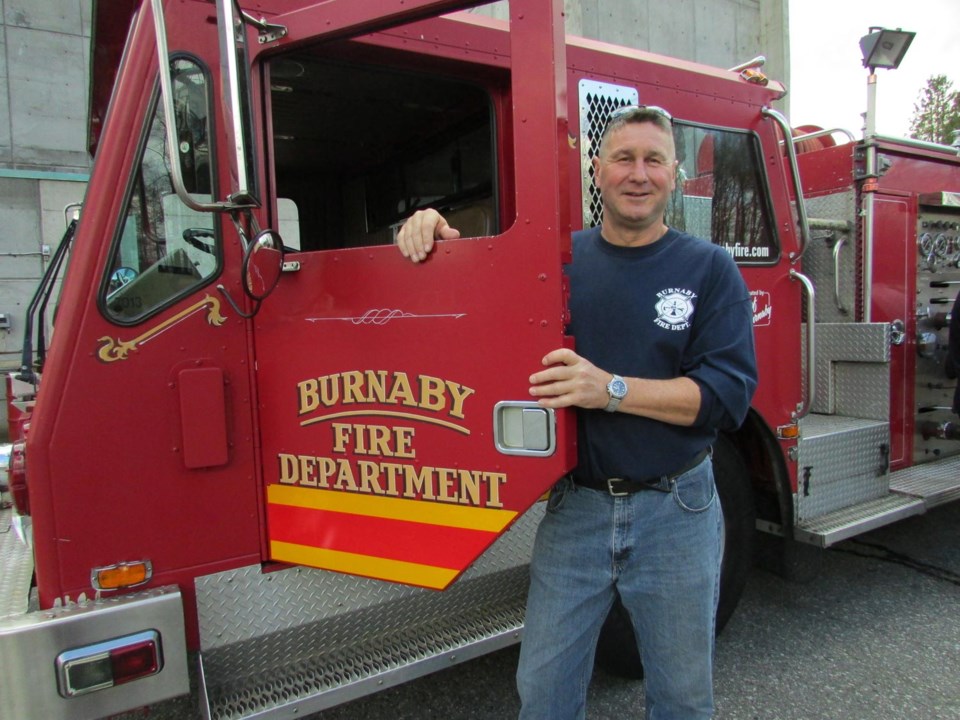The world of firefighting in a developing country is quite a bit a different than what you’d see in Burnaby.
Just ask Burnaby assistant fire chief Erik Vogel. For the last few years, he’s been spearheading a local effort to get used gear and equipment for donation to fire departments in Nicaragua.
And as he tells it, there’s people running around fighting fires with mismatched gear, half the gear, or just jeans and a T-shirt. So any help the country’s firefighters can get is welcome.
Which makes the opposition Vogel has come up against in getting cities and fire departments in Metro Vancouver to part with their old or expired equipment all the more surprising.
He’s called out cities like Surrey, Richmond and Langley that he said have been reluctant to donate their fire department’s old equipment, suggesting instead the gear is ending up in a landfill or sold for pennies on the dollar at auction.
Vogel explained while the gear may be condemned in Canada because of this country’s high standards, it’s still perfectly suitable for firefighters in Nicaragua.
This year, he helped send a retired fire truck from the Burnaby department to the City of Leon, as part of Operation Nicaragua, a program developed in Kamloops that sends donated items to the Central American country. He said the older fire trucks are preferable because they don’t have a lot of new technology and can be repaired easier.
Vogel’s reached out to other local departments for donations, but instead of help, he’s received a blast of cold water in return.
He believes it’s not so much the fire departments or chiefs, but the city managers who want to save money and don’t understand how valuable the equipment can still be in a developing country.
“That’s what so frustrating, they’re the ones that need education, the cities,” Vogel told the NOW. “It’s crazy. Here we talk about international aid and helping all these countries, here’s such an easy way to do it.”
David Sakaki is a Kamloops firefighter who started Operation Nicaragua several years ago. He explained the department and municipality in his town have been helpful for the charity over the years.
He said he understands some cities might have concerns about the legalities of donating the equipment but suggested they don’t have to worry.
Sakaki said once the gear is in Nicaragua, it’s impossible to tell which department it came from. He added he wouldn’t donate any equipment he personally wasn’t comfortable wearing to fight a fire.
“It’s almost an obligation to give this stuff a second life in the developing countries,” he said. “A jacket that’s outdated is a heck of a whole lot better than someone going in with a T-shirt.”
Sakaki said in Kamloops, the city and council have been extremely supportive, recognizing there’s zero cost, and in fact, it’s saving money because the gear isn’t going into a landfill.
While he acknowledged a few departments are still reluctant, he believes education efforts by his group are slowly starting to lead to change.
Back in Burnaby, Vogel is hoping that speaking out will also help change minds in some city halls.
“[We’re just trying] to donate to someone who actually needs this equipment, it’s such a shame. … At least we’re giving them something,” he said.



